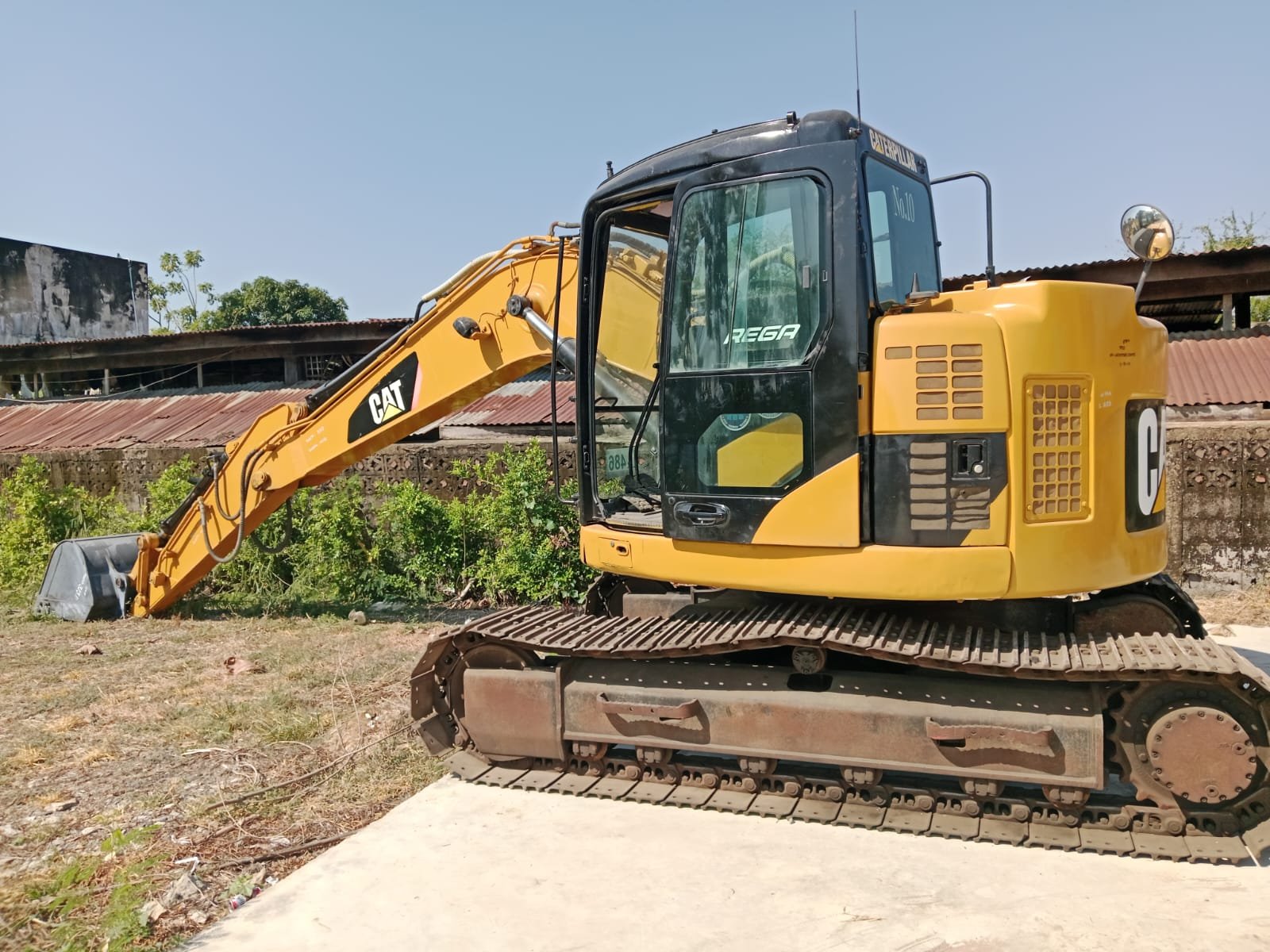Heavy equipment is a significant investment, and understanding the warranty coverage is crucial. Warranties can vary significantly between manufacturers and dealers, so it’s essential to carefully review the terms and conditions before making a purchase.
What is a Warranty?
A warranty is a manufacturer’s or dealer’s promise to repair or replace defective parts or components within a specified timeframe.
Common Types of Heavy Equipment Warranties:
- Manufacturer Warranty: Offered by the original equipment manufacturer (OEM). Typically covers defects in materials and workmanship for a specific period.
- Dealer Warranty: May offer additional coverage beyond the manufacturer’s warranty, such as extended coverage or specific components.
- Powertrain Warranty: Specifically covers the engine, transmission, and other major drivetrain components.
What Typically Falls Under Warranty Coverage?
- Defective Parts: Coverage usually includes defects in materials and workmanship for components such as:
- Engine and drivetrain components
- Hydraulic systems
- Electrical components
- Structural components
- Manufacturer’s Defects: Covers issues arising from manufacturing errors or defects in the design of the equipment.
What Typically Is Not Covered Under Warranty?
- Normal Wear and Tear: Items like tires, filters, fluids, and routine maintenance are generally not covered.
- Operator Error: Damage caused by operator negligence, misuse, or abuse of the equipment is usually excluded.
- Accidents: Damage resulting from accidents, collisions, or rollovers is typically not covered.
- Modifications: Modifications made to the equipment without the manufacturer’s approval may void the warranty.
- Environmental Damage: Damage caused by environmental factors such as extreme weather conditions or corrosive substances may not be covered.
Tips for Maximizing Warranty Coverage:
- Read the Warranty Carefully: Understand the terms and conditions thoroughly before signing any agreements.
- Perform Regular Maintenance: Adhere to the manufacturer’s recommended maintenance schedule to ensure proper equipment operation and maintain warranty coverage.
- Keep Accurate Records: Maintain detailed records of all maintenance and repairs.
- Contact the Dealer Promptly: If you suspect a warranty issue, contact your dealer immediately.
Disclaimer: This blog post is for informational purposes only and should not be considered legal or professional advice. Warranty terms and conditions can vary significantly, so always refer to the specific warranty documentation for your equipment.


